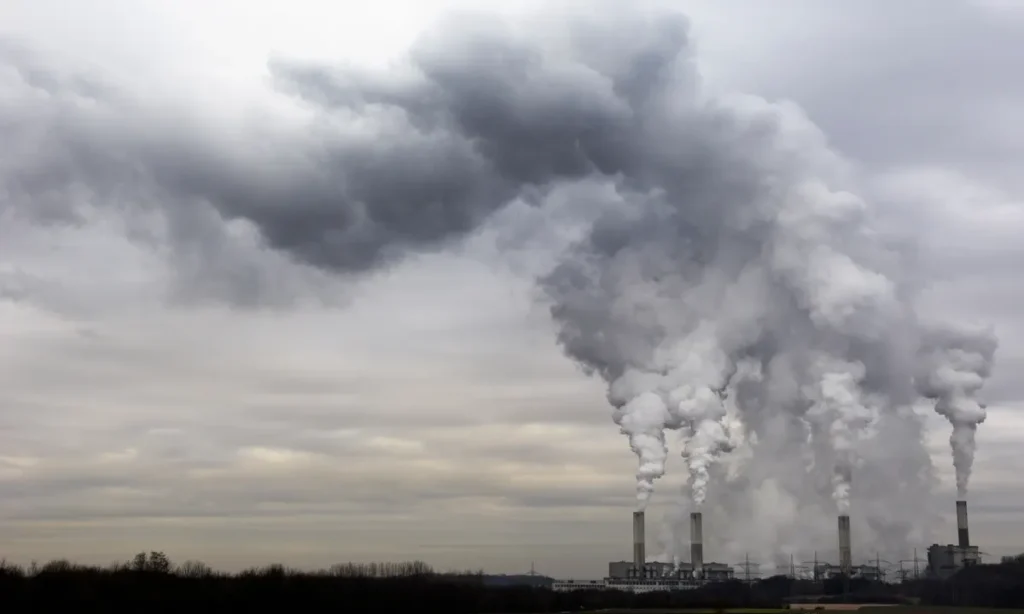EU Parliament Sets Stricter Air Quality Laws for 2030 to Reduce Pollution and Premature Deaths

|
Listen to this story:
|
- Stricter 2030 limits for several air pollutants
- Air quality indices to be comparable across all member states
- Access to justice and right to compensation for citizens
- Air pollution leads to around 300,000 premature deaths per year in the EU
The revised law aims to reduce air pollution in the EU for a clean and healthy environment for citizens, and to achieve the EU’s zero air pollution vision by 2050.
Parliament on Wednesday adopted a provisional political agreement with EU countries on new measures to improve air quality in the EU so it is no longer harmful to human health, natural ecosystems and biodiversity, by 381 votes in favour, 225 against, and 17 abstentions.
The new rules set stricter 2030 limits and target values for pollutants with a severe impact on human health, including particulate matter (PM2.5, PM10), NO2 (nitrogen dioxide), and SO2 (sulphur dioxide). Member states may request that the 2030 deadline be postponed by up to ten years, if specific conditions are met.
If the new national rules are violated, those affected by air pollution will be able to take legal action, and citizens may receive compensation if their health has been damaged.
More air quality sampling points will also be set up in cities and currently-fragmented air quality indices across the EU will become comparable, clear and publicly available.
You can read more about the new rules in the press release after the deal with EU countries. A press conference with the rapporteur is planned for Wednesday 24 April at 14.00 CET.
Related Article: US EPA Finalizes Rule on Cutting Chemical Plant Pollution
After the vote, rapporteur Javi López (S&D, ES) said: “By updating air quality standards, some of which were established nearly two decades ago, pollution will be halved across the EU, paving the way for a healthier, more sustainable future. Thanks to Parliament, the updated rules improve air quality monitoring and protect vulnerable groups more effectively. Today is a significant victory in our continuous commitment to secure a safer, cleaner environment for all Europeans.”










